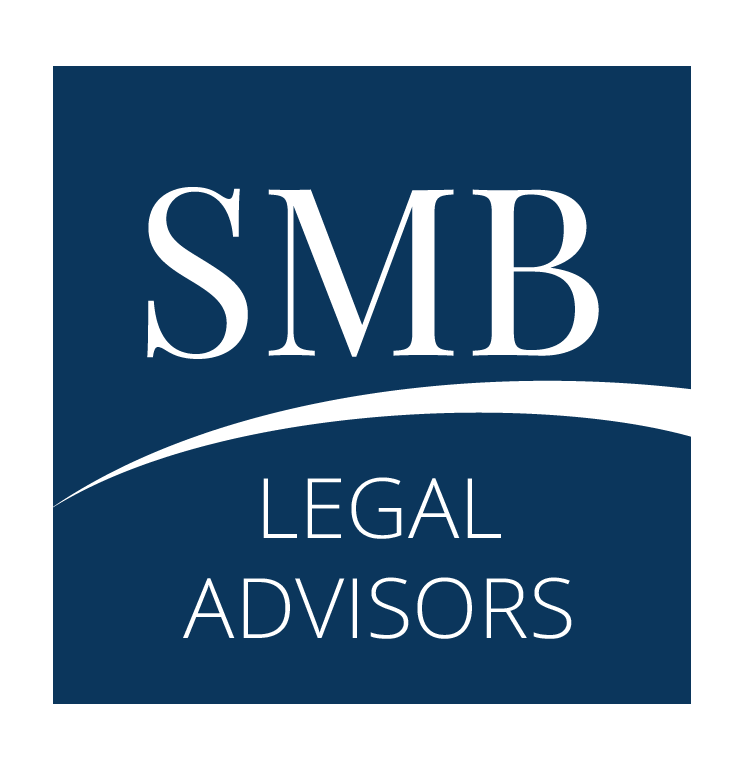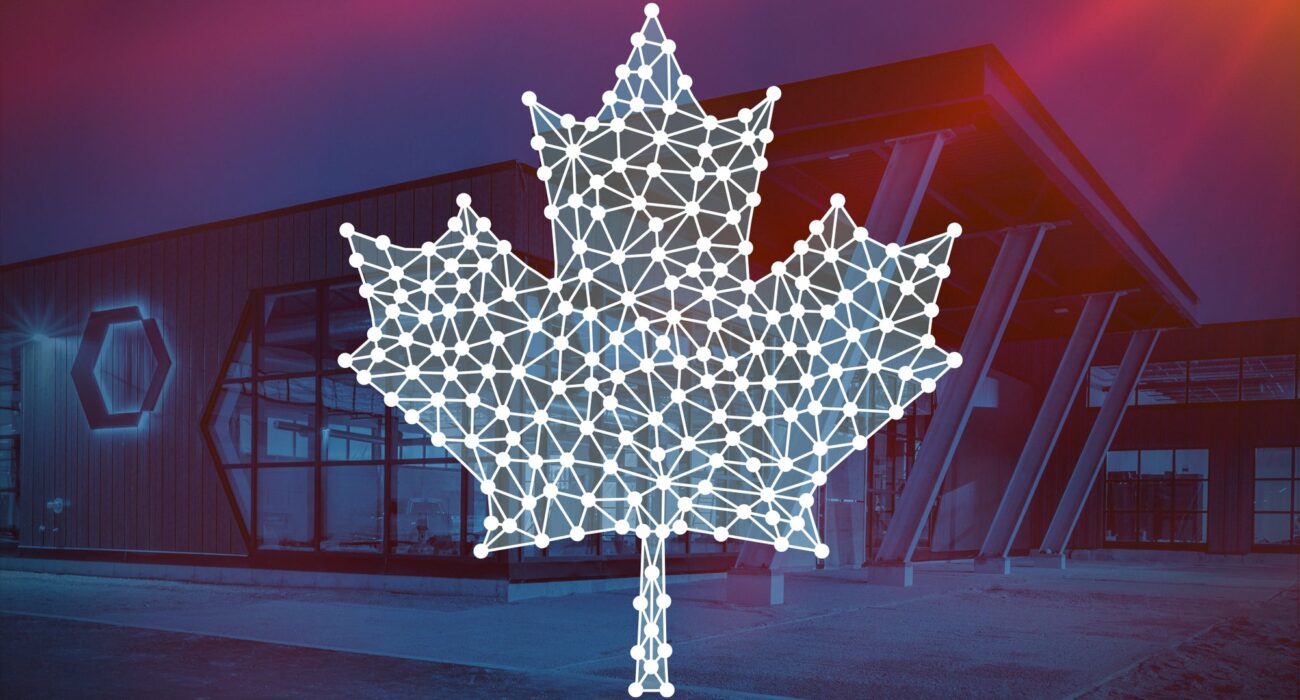Background
As Canada is experiencing a huge shortage of healthcare professionals to care for public at the hospitals, private clinics, or other medical providing facilities, the federal and provincial governments have enacted new policies to help attract candidates from outside of Canada. In the past few months, the immigration department has implemented new procedures to help foreign-trained professionals gain permanent residency in Canada and facilitate the path to qualify for their foreign credentials, which has historically been a daunting process in Canada.
The French-speaking health professionals have the advantage of obtaining work permits through the facilitated immigration program designed for bilingual speakers willing to work outside of the province of Quebec, as the fastest route to arrive in Canada.
Below are the details of the immigration programs with processing timelines associated with each as well as the type of status (temporary or permanent) it would grant the applicants for reference and comparison.
Francophone Mobility
Thanks to Mobilité Francophone, it is now easier and simpler for employers to hire qualified Francophone workers outside Quebec. Mobilité Francophone work permits are normally issued for the duration of the employment contract and are renewable. Proficiency in French may be tested as part of the work permit application process, but it does not necessarily mean that the worker is required to speak French at work once in Canada. Also, employers are not expected to offer a French-speaking or bilingual work environment. This program will allow the dependent family members of the applicants (spouse and children) to obtain open work permit and study permit and being able to live with the applicant in Canada.
- Processing timeline: Foreign nationals from visa exempt countries (such as France and majority of the European state countries) can apply for work permit at the time of entering Canada. This eliminates any processing time at the Consulates outside of Canada and make it a fast and efficient path to enter Canada. For the foreign nationals who require visa to enter Canada, the work permit processing time may take 2-3 months.

Express Entry for Francophones
When it comes to permanent residency, Francophones receive additional points under Canada’s main skilled worker immigrant selection system, called Express Entry. Under any categories of Express Entry, i.e. Federal Skilled Worker Program or Canadian Experience Class, the system recognizes French language skills and awards points for high levels of French language proficiency. This means that between two applicants with similar work experience and academic backgrounds, an applicant who is proficient in French will have a better chance than one who is proficient only in English.
- Processing timeline: The current processing times are 12-18 months; however, immigration department is aiming at reducing the wait times to 6 months very soon
PNP for health care professionals
The Provincial Nominee Programs (PNP) are designed by the provinces to nominate eligible candidates and help them get 600 additional points on the PR application. Some PNPs are dedicated specifically for health care professionals, while others have more general work experience requirements but may hold immigration nomination draws targeting candidates in the sector.
Here are some of the PNP pathways for health care professionals:
- Ontario- invites health care professionals to apply through its Human Capital Priorities Stream or French Speaking Skilled Worker Stream.
- British Columbia- offers a Health Care Professional category under its Skills Immigration and Express Entry pathways.
- Saskatchewan- has recently launched an International Health Worker EOI pool specifically for health care professionals.
- Nova Scotia’s Labour Market Priorities Stream occasionally holds draws inviting health care professionals to apply for a provincial nomination.
- New Brunswick’s Internationally Educated Nurses (IEN) program is a pathway for foreign nurses who can speak English or French.
- Processing timeline: The timelines vary for each province. In general, it is expected to take around 12-18 months for the applicants to receive the PR through any of the PNP programs.

New Developments impacting Healthcare workers coming to Canada
- Announcement to include new occupations for Express Entry
The immigration department’s announcement on Nov 16, 2022 confirmed that the new occupations in the healthcare industry will be added to the list of eligible occupations under the Express Entry program starting January 2023.
- Dental assistants and dental laboratory assistants
- Nurse aides, orderlies and patient service associates
- Pharmacy technical assistants and pharmacy assistants
- Estheticians, electrologists and related occupations
This will be a great opportunity for the foreign nationals with work experience in the above occupations to apply for PR, whereas in the past they might have not been able to do so due to the lack of CRS points.
- Easier access to permanent residence for physicians in Canada to help address doctor shortages
As provinces and territories seek to attract and retain more foreign-trained doctors to help address shortages, the Government of Canada is making it easier for these doctors to call Canada home permanently. The Minister of Immigration, Refugees and Citizenship announced earlier in 2022 changes to make it easier for foreign-born physicians to remain in Canada, so they can continue to practice in Canada and bolster our health care system.
To help address labour shortages, IRCC is improving its immigration system to allow foreign nationals who are already in Canada to stay here and work. Immigration is key to helping employers fill hundreds of thousands of vacant positions across the country.
 Please refer to our LinkedIn page to get access to online webinars or articles posted on the most recent Canadian immigration updates. To discuss the details of your situation, please reach out to our office and we will gladly assist.
Please refer to our LinkedIn page to get access to online webinars or articles posted on the most recent Canadian immigration updates. To discuss the details of your situation, please reach out to our office and we will gladly assist.

